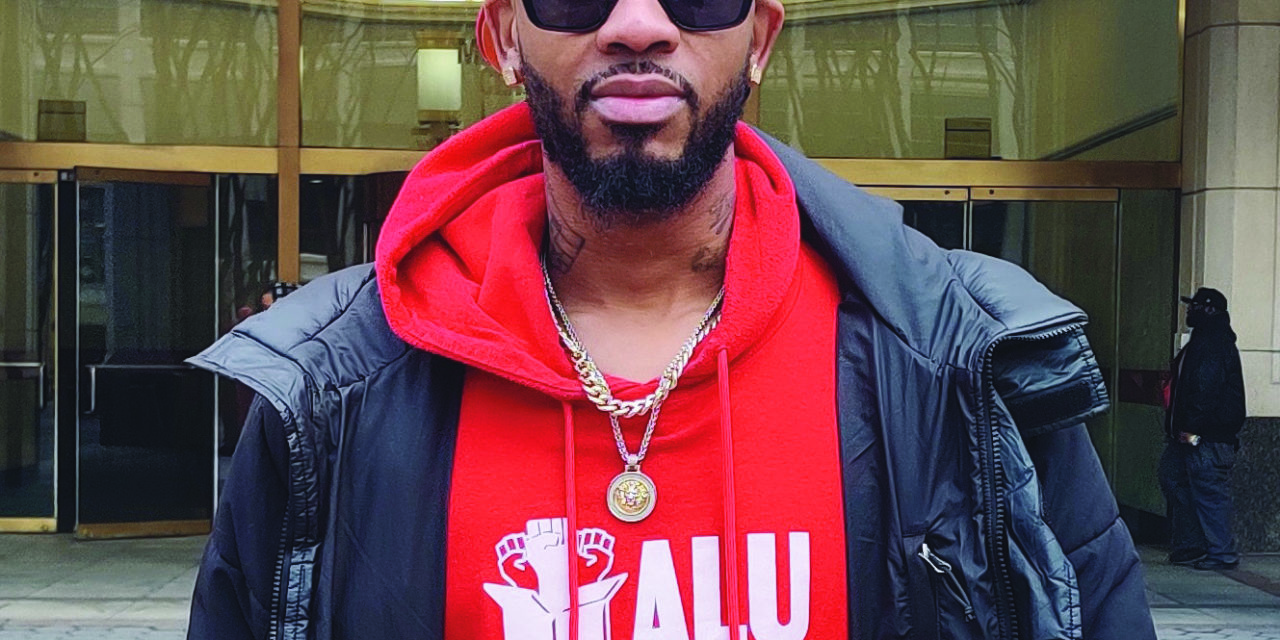At last count, employees at some 200 Starbucks locations around the country have initiated union organizing drives. In Staten Island, workers at the New York Amazon fulfillment center voted union yes in an historic drive to unionize the notoriously anti-union online retail behemoth. Since that win, Amazon Labor Union President, Chris Smalls says he has been contacted by workers at 100 other Amazon warehouse locations. With union popularity up, labor is poised to recapture the hearts and minds of a new generation of workers.
Once considered unreachable, union membership among a younger sector of workers is beginning to rise. According to the Associated Press, union membership among employees ages 24-34 rose from 8.8 percent in 2019 to 9.4 percent in 2021.
Workers in their 20s — and even in their teens — are leading ongoing efforts to unionize companies large and small, from Starbucks and REI to local cannabis dispensaries. The Alphabet Workers Union, formed last year and now representing 800 Google employees, is run by five people who are under 35.
Dr. Stephanie Luce, PhD, professor at CUNY School of Labor and Urban studies told Fortune that younger workers have a “growing distrust of corporations.”
Dr. Luce believes that Gen Z — those born after 1996 — witnessed the effects of the 2008 financial crisis on their parents, the threat of climate change, and the post 9/11 war on terror and that those experiences may have created a new generation of activists, including labor activists.
“They’ve seen opportunities for their generation disappear and are afraid they are going to be worse off than their parents,” Kate Bronfenbrenner, director of Labor Education Research and a senior lecturer at Cornell University’s School of Industrial and Labor Relations told CNN Business in late 2021. “They look around and see who is doing something, and they see the labor movement.”
According to Purdue University, Gen Z and Millennials collectively make up 40 percent of the U.S. workforce but own only 5.9 percent of household wealth, while Baby Boomers account for just 25 percent of the workforce but own 53 percent of household net worth. It is no wonder Gen Z and Millennials are actively organizing unions.
**Passing the PRO Act would help a whole new generation of workers**
In 1935, Congress passed the Wagner Act — also known as the National Labor Relations Act (NLRA). Since then, anti-union groups, aided by conservative federal courts, have eroded the power of the NLRA. But the PRO Act addresses the three major components of labor law that have been weakened over the decades, and at the same time create new, and essential, mechanisms for workers to use in seeking a meaningful remedy when their labor rights have been violated.
In 1938, the U.S. Supreme Court case Labor Board v. Mackay Radio & Telegraph Co. hollowed out the law’s strike protections by allowing employers to hire replacements. The PRO Act would disallow replacements. The PRO act would also address the so-called right-to-work provision of the NLRA that had been inserted under Taft–Hartley Act amendments. Finally, it would stop the misclassification of workers as contractors by providing clear definitions of what constitutes a worker.
Although the PRO Act passed in the House of Representatives, it has languished in the Senate since. Representative Bobby Scott (D-VA), the lead sponsor of the legislation in the House says the PRO Act would ease obstacles to forming and joining unions.
The bill, which has now been renamed The Richard L. Trumka PRO Act in honor of AFL-CIO President Rich Trumka who passed away unexpectedly last summer, is a key priority for Labor. While Trumka previously warned that Democrats who don’t support the PRO Act shouldn’t expect Labor’s support, Shuler is going one step further.
In a meeting with reporters in September, Shuler warned Senators if they don’t support nixing the filibuster to pass the bill, they might not find themselves back in Washington following the 2022 election.
“Workers want to hold elected officials accountable on an agenda that they voted for,” Shuler said. “Right now that agenda is being blocked by arcane rules in the Senate. We believe that voters will take that into consideration for the next election.
“Elected officials, if they’re not listening, that’s when elections end up having consequences.” ■





